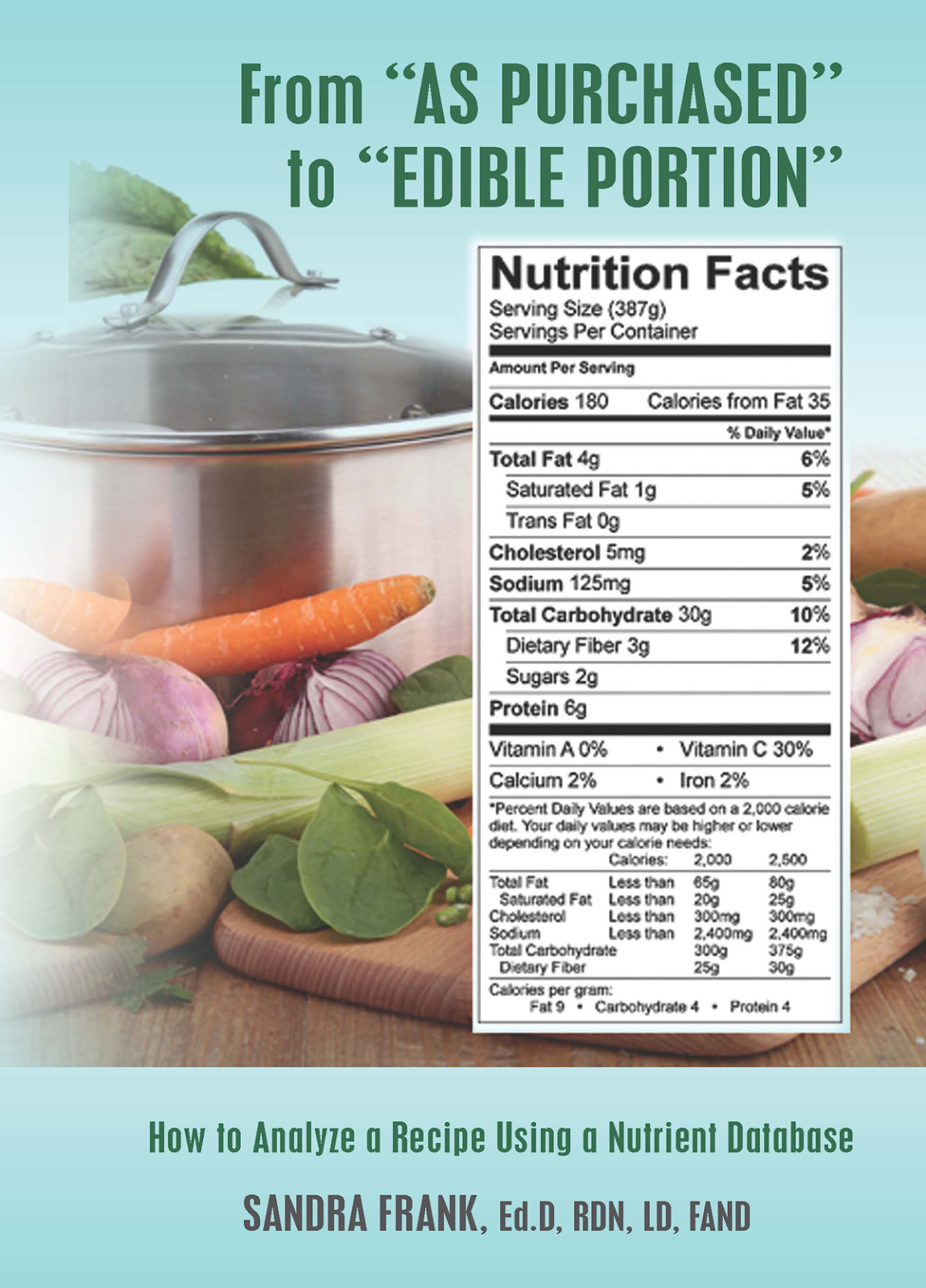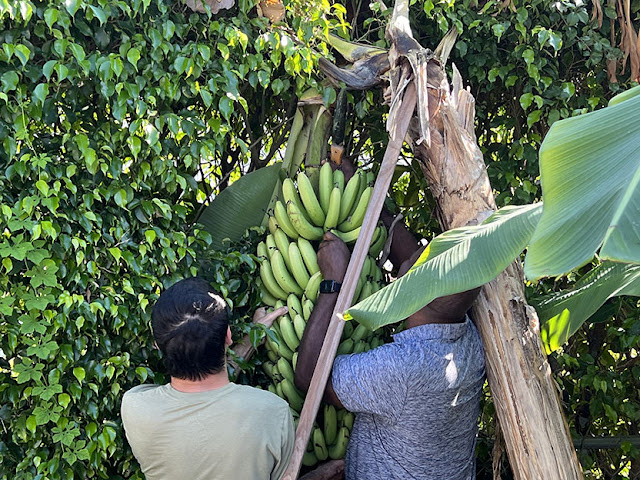We know you're focused on the health and well-being of others, but it's important to remember to take care of yourself. Caring for yourself isn't selfish; it's an essential part of making sure you can give your best every day.
*Up to half of all older adults are at risk for malnutrition, that's why it's important to make sure those you care for have a healthy diet. It helps prevent muscle loss, supports Rest. Recharge. Respite.
*Make sure to take some time away to re-energize or ask for help. Caregiving can be stressful, and taking a breather ensures that you'll be ready to take on the challenges Find out if you and your care receiver are getting the right amount of nutrients. Complete this nutrition assessment and see how you are doing.
10 Tips for Family Caregivers
- Seek support from other caregivers. You are not alone!
- Take care of your own health so that you can be strong enough to take care of your loved one.
- Accept offers of help and suggest specific things people can do to help you.
- Learn how to communicate effectively with doctors.
- Caregiving is hard work so take respite breaks often.
- Watch out for signs of depression and don't delay getting professional help when you need it.
- Be open to new technologies that can help you care for your loved one.
- Organize medical information so it's up to date and easy to find.
- Make sure legal documents are in order.
- Give yourself credit for doing the best you can in one of the toughest jobs there is!








































